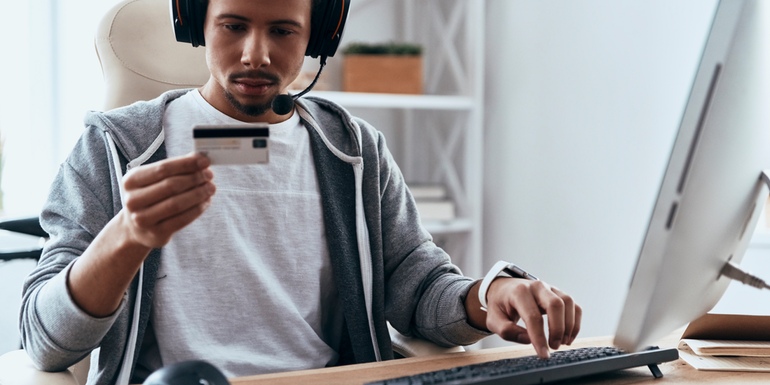One of the hardest questions to answer when it comes to financial planning is: How much do I need?
There are two ways we can look at this. Either, I believe that my external circumstances will eventually reach a point where I have earned enough, and I’ll finally feel that I have enough. Or, I will come to the realisation that my wants and needs are based on my own personal perceptions.
It’s also difficult because no matter how we see this, external or internal, we will most likely continue to vacillate between the two. This is because our head seldom wants what our heart wants, and our heart seldom wants what our head wants. Even when we can discern the difference between a want and a need, the goalposts keep shifting.
There’s no list of one hundred things every family must have – it’s incredibly personal. And this is what makes financial planning so complex. We can’t actually answer the question “How much do I need” because that answer will keep changing.
This is why we need to find better questions to ask, and we’re doing that with some success, but it still doesn’t always help when we’re sitting staring at a Black Friday special and wondering if we should impulsively add it to our basket.
At this point in the conversation, it’s important to remember to be kind to ourselves. We will always make impulse purchases, and that’s okay. The dangerous territory lies in what habits we’re forming. If we’re habitually buying things we don’t need and spending money too carelessly, we will find ourselves in a place that is tough to change.
Here is a great way to leverage better money habits in our purchasing behaviour: create space to reflect on your purchase.
This is how:
1 – Be a basket case: once you’ve decided you want something (or need it…), put off purchasing for a day or two. For online shopping, leave it in your basket for 48 hours before proceeding to the checkout.
2 – Quarantine it: leave it sitting in the garage or your spare room for three days after buying it. If you’re no longer convinced it was a worthy purchase, send it back to the store.
3 – Last in, first out: if you buy a new one, give the old one away. The more clutter we accumulate, the harder it is to appreciate what we have.
These tips help us create space to think about how much we really need and can be powerful practices in developing habits that make us wealthy.

